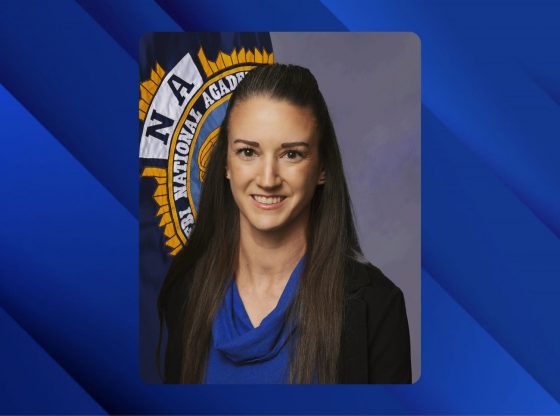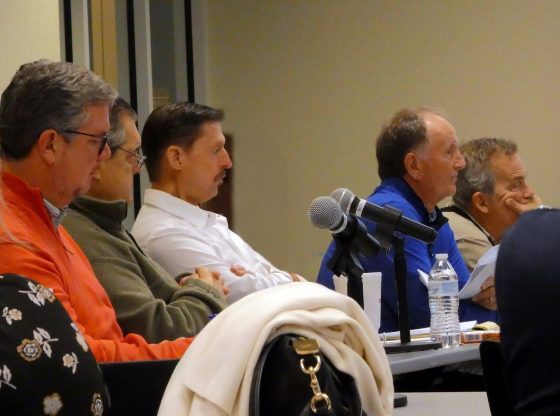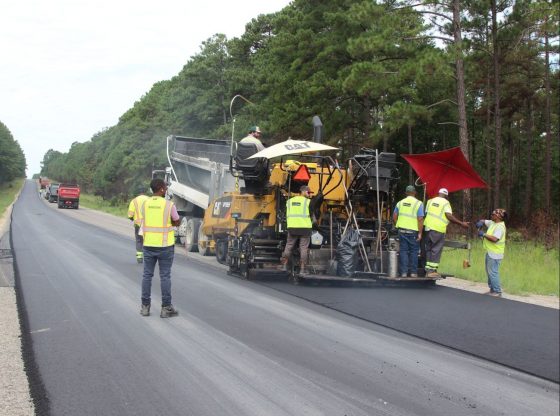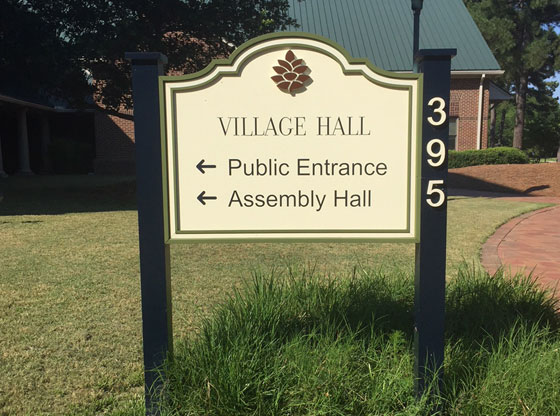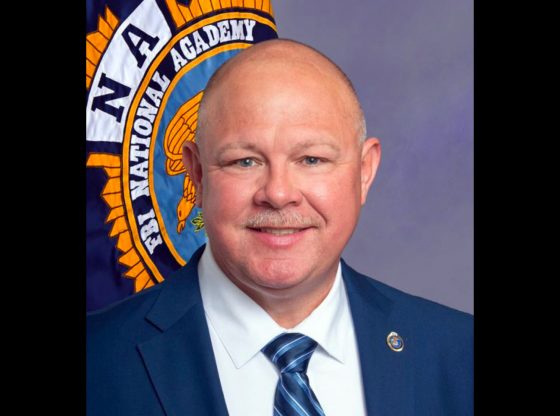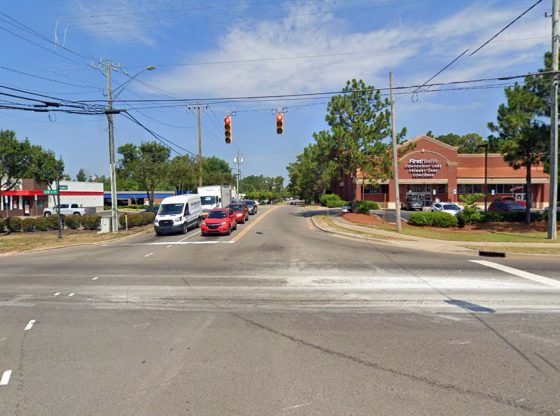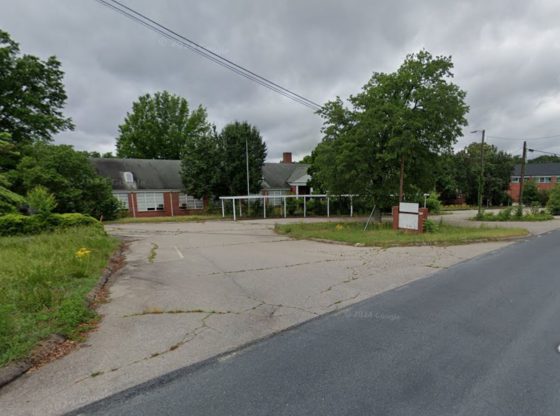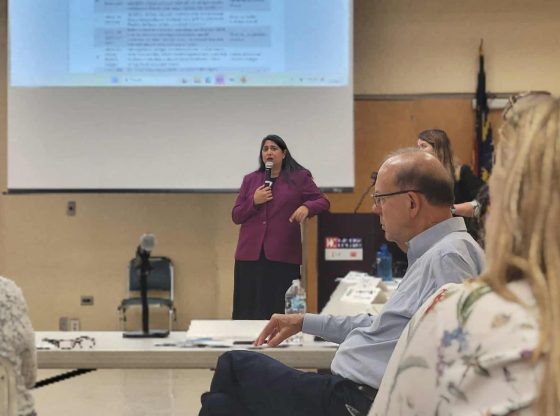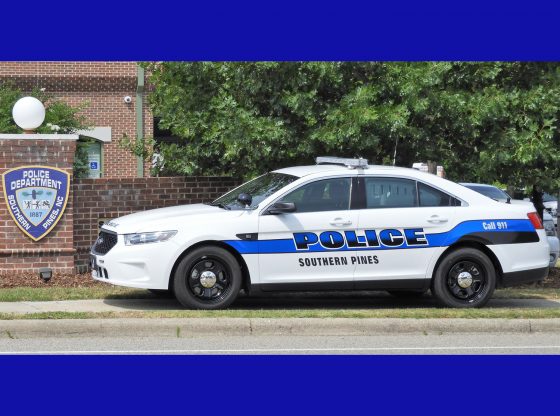Moore County Sheriff’s deputies were dispatched to the Skymart gas station in Cameron to a CPR in progress call, according to a news release from Moore County Sheriff’s Office.
When Detective Sergeants Holder and Guerra arrived on the scene, bystanders were performing CPR on a 31-year-old female from Lee County who was overdosing on herion.
The detectives immediately administered a Narcan injection that they were carrying instantly reversing the females symptoms and saving her life.
“Narcan is the brand name of the medical drug Naloxone, which essentially serves as an antidote to an opioid overdose”, stated Sheriff Godfrey. “When someone takes too much of an opioid (Heroin), their breathing slows down and can stop completely. Narcan blocks the effects of opioids and reverses overdose symptoms. It works on overdoses of heroin and prescription painkillers such as oxycodone, hydrocodone, and morphine.”
According to the Centers for Disease Control and Prevention, more than half a million people died from drug overdoses between 2000 and 2016.
In 2016, medication and drug overdoses claimed more than 1,200 lives in North Carolina, up from just 300 per year around the turn of the millennium. No other cause of death has skyrocketed as sharply. To put the increase in perspective, there are now more than twice as many annual deaths from drug overdoses than murders in North Carolina, stated the news release.
Because of the Opioid epidemic, all Moore County Sheriff’s Deputies and Detention Officers received training on Naloxone, which included overdose signs, symptoms, the legal aspects of administering the life-saving drug and Narcan’s benefits. This is Moore County Sheriff’s Department’s first life saved by administering Narcan.
“I love my job for many reasons and one of those is that each day, I am privileged to work alongside heroes such as Detectives Anthony Guerra and Brock Holder,” Sheriff Neil Godfrey said. “We implemented the Narcan program this year for this exact reason; a matter of life and death. Our intent is to reduce the time between the opioid overdose symptoms and effective intervention. We continue to move in a direction ensuring we provide the best possible service to our citizens.”







